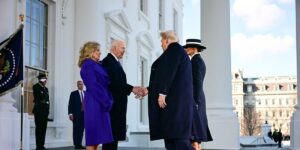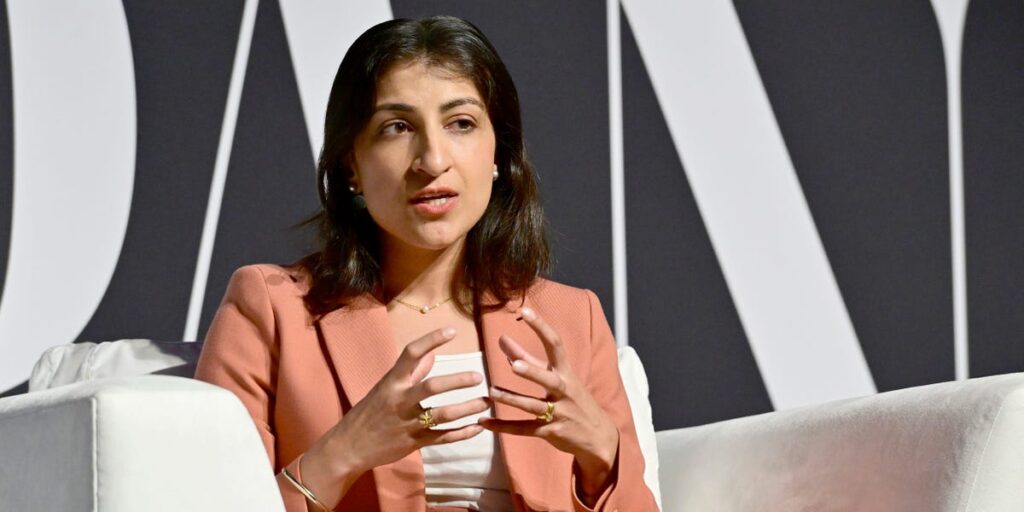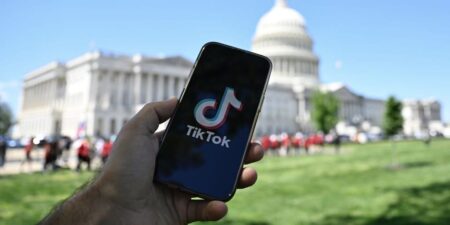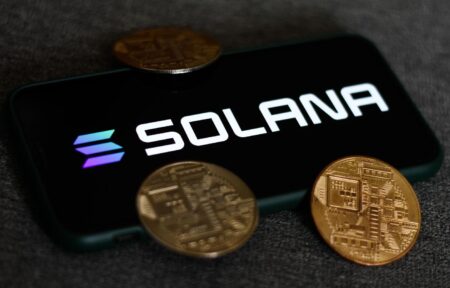- The FTC released a staff report about partnerships between cloud service providers and AI companies.
- The report raises antitrust concerns about deals between industry leaders like OpenAI and Microsoft.
- Such deals may deprive startups of key AI inputs and undermine fair competition, FTC Chair Lina Khan said.
The Federal Trade Commission, in its latest staff report issued Friday, suggested that partnerships between artificial intelligence leaders like OpenAI and Anthropic with cloud service providers like Microsoft, Amazon, and Google could be the subject of future antitrust action.
The report outlines key elements of existing CSP and AI developer partnerships that may be subject to federal scrutiny, such as the equity and revenue-sharing rights that underpin these partnerships and exclusivity rights CSPs retain through massive investments with AI developers.
Specifically, the report mentions OpenAI’s partnership with Microsoft and Anthropic’s deals with Amazon and Google as potentially having an outsize impact on the broader industry.
“For an individual using an AI chatbot to write a wedding speech or a small business owner generating logo ideas with an AI image generation model, corporate partnerships may seem abstract or distant,” the FTC’s staff report reads. “Yet, these partnerships may potentially impact AI model development — including which firms may effectively participate in the marketplace — and may determine many aspects of those individuals’ and firms’ experiences.”
FTC Chair Lina Khan, in one of her last official statements before leaving office, cited the deals between the companies as a reason for “enforcers and policymakers” to “stay vigilant to guard against business strategies that undermine open markets, opportunity, and innovation.”
“The FTC’s report sheds light on how partnerships by Big Tech firms can create lock-in, deprive start-ups of key AI inputs, and reveal sensitive information that can undermine fair competition,” Khan said.
Microsoft and Google have faced particularly pointed antitrust action in recent years. The FTC opened a probe into alleged anticompetitive behavior related to Microsoft’s licensing agreements, while Google has faced federal antitrust cases over its advertising strategies and search business.
Google lost one antitrust case in 2024 when US District Judge Amit Mehta ruled it held a monopoly in its search business. Mehta’s finding prompted the Department of Justice to propose that Google be forced to sell its Chrome browser as a remedy in the case. A final ruling in the case is expected in August, Business Insider previously reported.
In Donald Trump’s incoming administration, Khan will be replaced as Chair by current FTC Commissioner Andrew Ferguson, the president-elect announced in December on Truth Social.
While Khan was the subject of intense political vitriol during the election for her staunch antitrust enforcement, Ferguson, in a post on X, vowed to continue the office’s mission to promote innovation and “end Big Tech’s vendetta against competition and free speech.”
“We will make sure that America is the world’s technological leader and the best place for innovators to bring new ideas to life,” Ferguson wrote.
Representatives for Google, Microsoft, Amazon, Anthropic, and OpenAI did not immediately respond to requests for comment from Business Insider.
Read the full article here
















